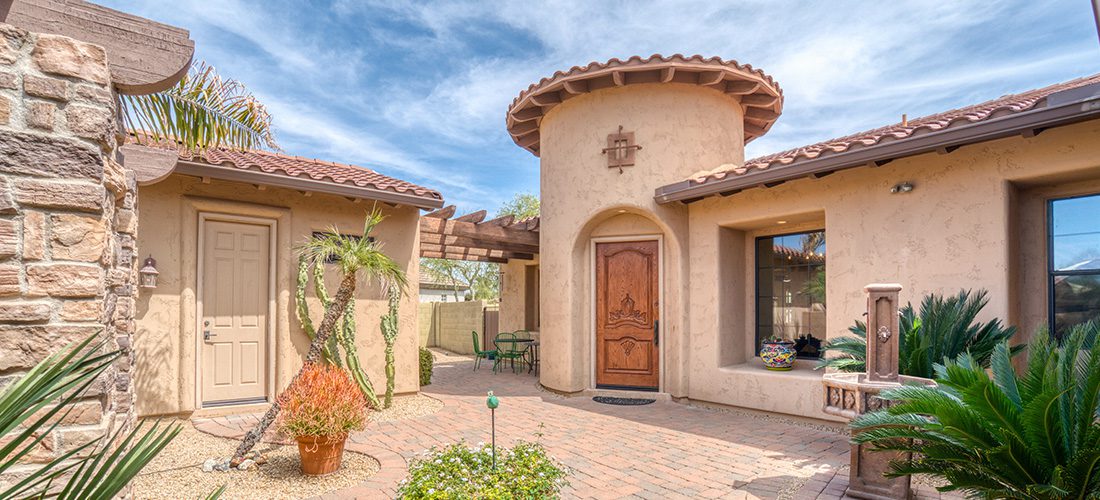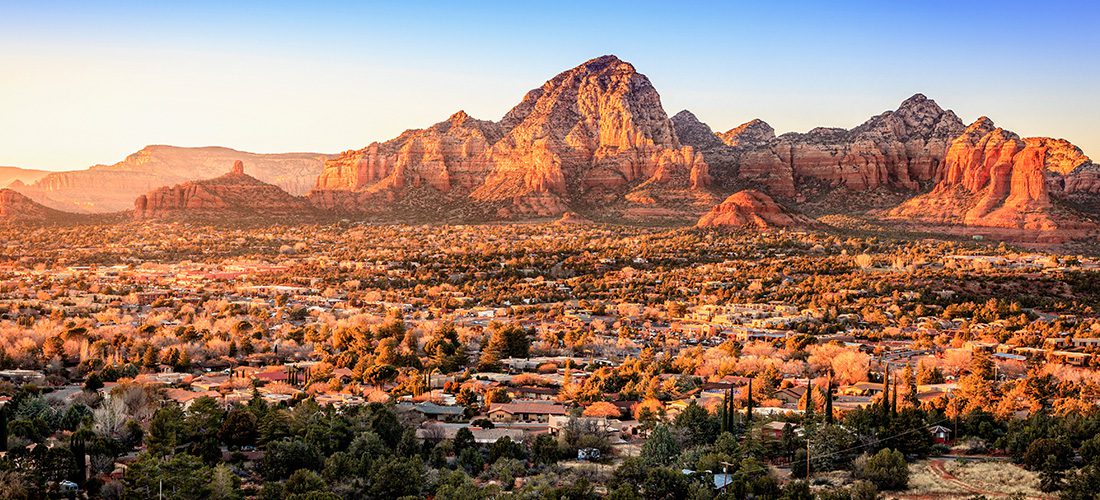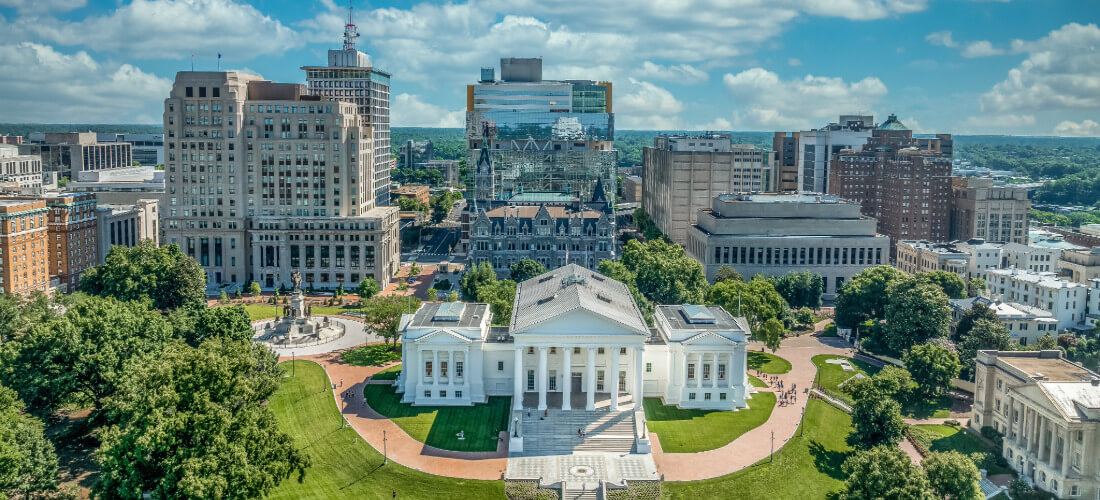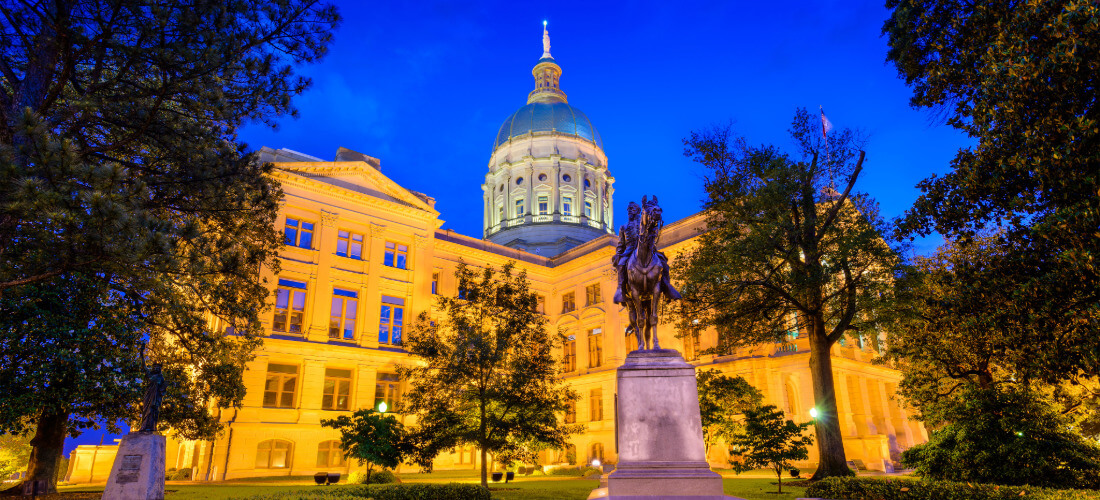
Thanks to popular tourist destinations like Sedona and Scottsdale, and natural hot spots like the Grand Canyon, Arizona has seen a flood of short-term rentals (STRs) popping up to accommodate out-of-town visitors. In fact, Arizona is home to thousands of STRs that have had little to no regulation at the local level compared to neighboring states.
However, that is set to change with a recently passed piece of legislation that is already prompting action in communities across Arizona.
In July 2022, Arizona governor Doug Ducey signed Senate Bill 1168 (SB1168) into law, which will have a cascading impact on the Arizona economy and its STR market. But there is more to the new law than meets the eye.
Here are five of the most important things to know about this new STR law and what it means for Arizona jurisdictions.
What is AZ SB1168?
Arizona SB1168 allows municipalities to require STR operators to obtain a license or permit and pay a licensing fee to operate. Municipalities also have the ability to revoke STR licenses. The new law allows municipalities to have greater control of the impact STRs will have on their communities and economies for the better.
This is a groundbreaking piece of legislation because up until the last legislative session, STRs were regulated no differently than long-term rentals at the local level. This provided little ability to mitigate the challenges around STR issues. The new law is looking to address concerns relating to noise violations, property maintenance and unruly guests.
SB1168 took effect September 24 and many jurisdictions are looking to immediately begin licensing STRs more efficiently and thoughtfully in their communities.
What are the limitations of AZ SB1168?
With all the newly granted authority SB1168 provides Arizona municipalities, there are also limitations to keep in mind. Although there are new regulatory capabilities in place, SB1168 does not give municipalities and local lawmakers free reign to completely redesign how STRs can operate within their municipalities.
Municipalities cannot ban or limit the number of STRs allowed to operate in the area. This is due to a previously passed preemption law that prohibits cities from limiting how many STRs are allowed in certain zoning areas—something that helps potential STR owners responsibly choose locations for their STRs.

How does SB1168 impact current STRs?
All stakeholders can work together more effectively to protect neighborhoods and allow the industry to continue to thrive around tourism, local jobs and economic development. State and local lawmakers along with STR advocacy groups have all maintained that this new law is meant to root out the one percent of “bad apples” – not the overwhelming majority of responsible STR owners. It is not meant to prohibit individuals from owning or operating STRs within Arizona communities.
Current STR owners in good standing can continue to operate as usual. STR owners who have noise or other complaints filed against them can be fined or even have their STR license revoked if they receive repeated complaints.
What does this mean for your jurisdiction?
With the passing of SB1168, jurisdictions will have more authority to manage STRs, as well as monitor and fine nuisance STRs, more effectively. Local leaders have had a positive response to the new law, as it will allow them to be more hands-on in ensuring compliance with local ordinances.
Ready to speak to someone about your software needs?
What changes should you anticipate in the months ahead?
You can expect several changes for the rest of 2022. Once the law goes into effect, jurisdictions will have the ability to fine owners of STRs who violate local ordinances and repeated violators can have their license revoked.
It’s important to note that there must be legitimate cause to revoke a license and jurisdictions should ensure any actions don’t contradict the preemption law.
Arizona is Making Changes When It Comes to STRs – Is Your Municipality keeping up to speed on what’s changing
As the STR industry continues to evolve, laws and regulations will evolve too. Arizona’s SB1168 is just one example of local lawmakers and community leaders across the country listening to their community members and taking action to account for the best interests of both the citizens and businesses.
It is more important than ever for local jurisdictions to be aware of changing ordinances and equip themselves with the data they need to get a clear picture of their local STR landscape. GovOS’ industry-leading STR software helps communities gain insight to proactively engage with the community and manage STRs more effectively.









